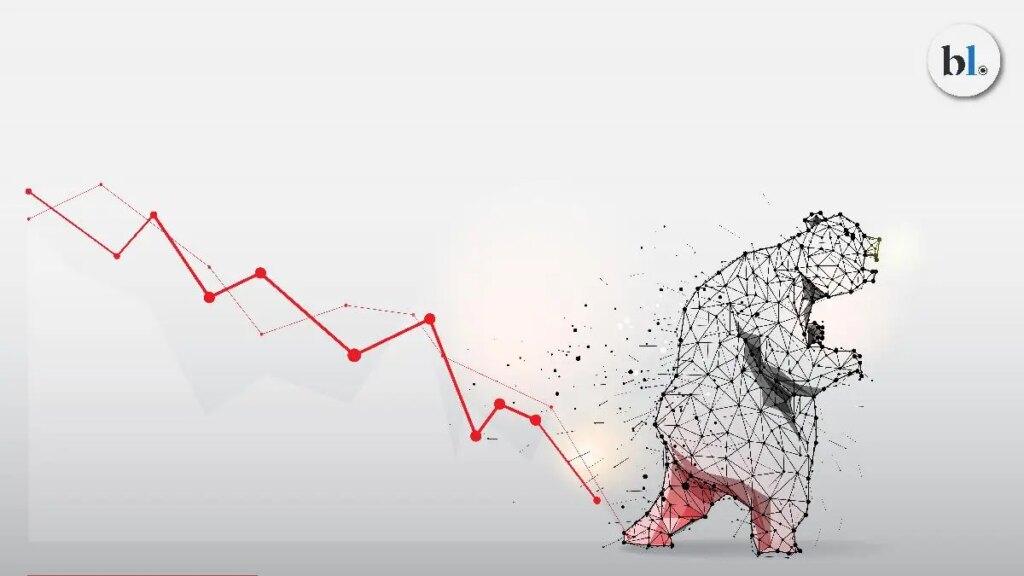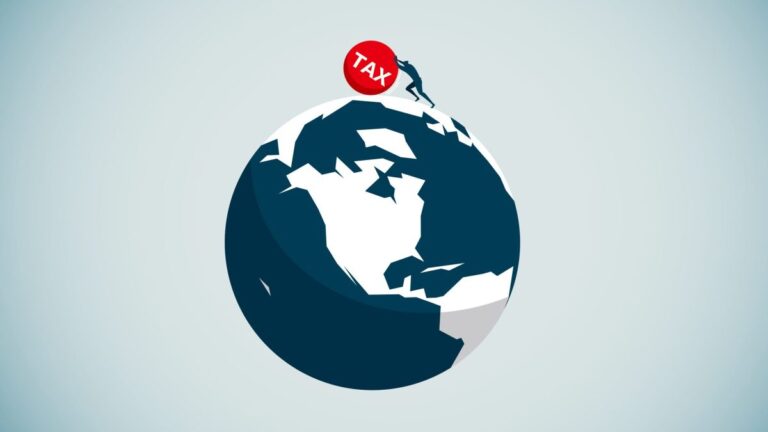Benchmark indices continued their downward trajectory on Friday afternoon, deepening losses triggered by US President Donald Trump’s steep tariff announcement. By mid-day trading, the BSE Sensex was down 772.11 points or 1.01 per cent at 75,523.25, while the NSE Nifty fell 295.20 points or 1.27 per cent to 22,954.90.
The broader market showed widespread weakness with decliners outpacing advancers by nearly 3:1 on the BSE. Out of 3,957 stocks traded, 2,788 declined while only 1,028 advanced, with 141 remaining unchanged. The session saw 56 stocks hitting 52-week highs against 68 touching their 52-week lows.
Metal stocks led the market decline with Tata Steel emerging as the biggest Nifty loser, plummeting 7.55 per cent to ₹142.02. Other major losers included Hindalco (-6.90 per cent), ONGC (-6.74 per cent), Tata Motors (-5.88 per cent), and Cipla (-5.34 per cent).
Financial services provided some cushion to the falling markets. The Nifty Financial Services index gained 0.41 per cent, while the Nifty Bank index remained nearly flat with a marginal gain of 0.03 per cent. Top gainers included Bajaj Finance, which rose 2.14 per cent to ₹8,778.30, followed by Tata Consumer Products (1.91 per cent), HDFC Bank (1.41 per cent), Axis Bank (0.59 per cent), and Shriram Finance (0.59 per cent).
The mid-cap segment witnessed sharper selling pressure with the Nifty Midcap 100 index falling 2.76 per cent to 50,725.05.
Market experts are closely monitoring the potential impact of reciprocal tariffs on Indian exports. “With bilateral trade valued at over $190 billion and India enjoying a surplus, the tariffs present new challenges for sectors like automobiles, auto parts, Pharma and IT services,” said Ram Medury, Founder and CEO of Maxiom Wealth.
Medury added that the automobile and ancillary industries face increased costs due to higher duties on vehicle and component exports, while the IT sector remains vulnerable as the U.S. considers levies on services where India holds a competitive edge.
Despite ongoing negotiations for a bilateral trade agreement to resolve disputes, trading sentiment remains cautious. Analysts suggest increasing imports of WTI crude oil could serve as a strategic move to ease tensions, especially as the U.S. threatens further tariffs on nations importing Russian crude oil.
India’s domestically driven economy continues to offer some protection from export shocks, with analysts projecting robust GDP growth of 6.7-6.8 per cent over the next two years, even as markets navigate the current volatility.
Published on April 4, 2025















